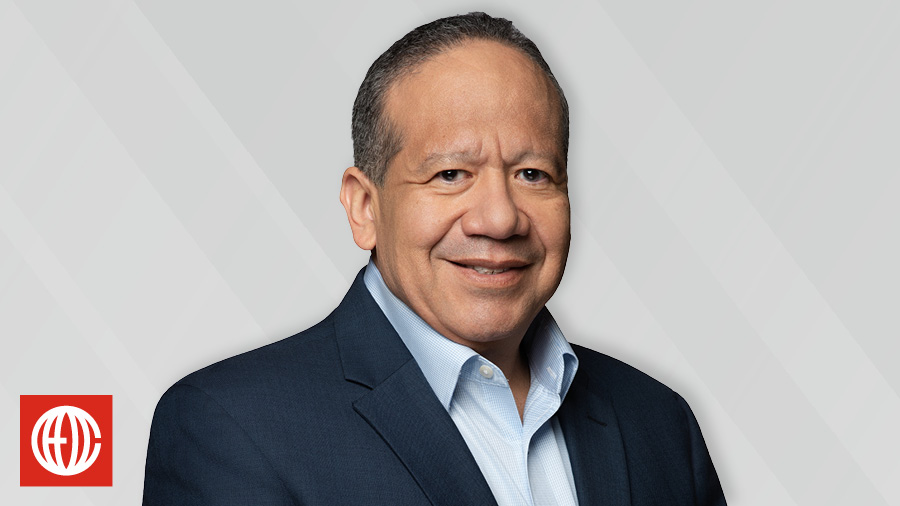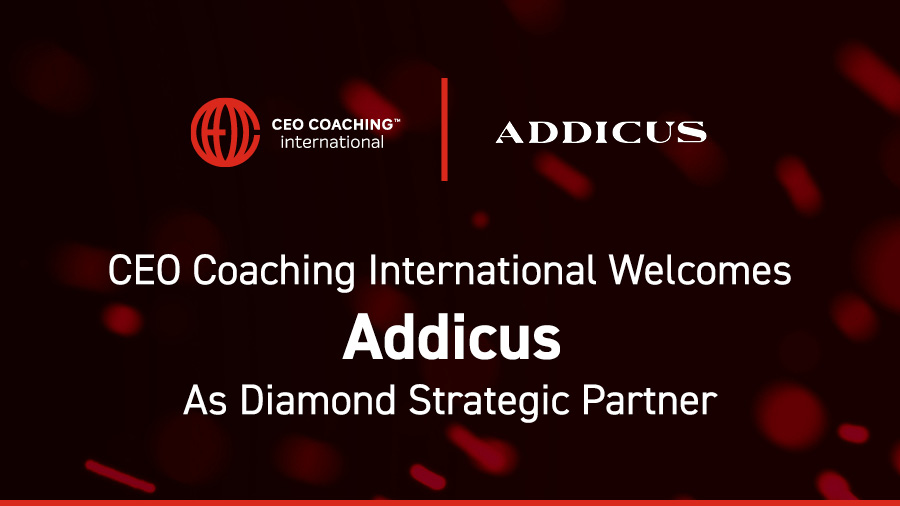
Early in my career as an entrepreneur coach, I worked with two brothers who were 50-50 partners in a struggling company. They never spoke to each other, and their personal friction was tearing their company apart.
Finally, I asked the younger brother, “Why is your relationship so bad?”
“Because he’s been treating me like this since I was 12,” he responded.
No matter how skilled and considerate a CEO is, it’s nearly impossible to keep all of a family’s business out of a family-run business. The complex entanglements caused by well-intentioned nepotism, deep-seated resentments, and genuine love and affection can make it particularly challenging to fill critical jobs. The next time your nephew is knocking on your door looking for a seat at the table, use these four principles to decide if the people you love are ready to hit the goals your company needs to get BIG.
1. Make meritocracy a core value.
During the interview process, CEOs can get blinded by all sorts of things: shiny resumes, Ivy League degrees, personal charisma. But when that big, beautiful smile is coming from your favorite granddaughter, professional blemishes are even harder to see. Some family business CEOs are so determined to help their heirs succeed that they’ll actually remold the job to fit the family member. Don’t expect a lot of buy-in from a senior sales team member who’s suddenly taking on management responsibilities that his new boss – your son – can’t handle right now.
There’s nothing wrong with a family-first succession plan. But no job in your company should be inherited automatically, especially not a leadership position. CEO Coaching International’s Mike Marchi recommends giving your relatives a chance to work their way up just like any other promising employee. “The family can rotate the next generation through multiple functions to learn each function from the ground up,” he says. “They can move the family member outside the company for 3 to 5 years to understand the outside market and then move them back into the company and into multiple functional leadership positions. This gives heirs a chance to really learn the business from the ground up.”
Empowering your relatives to earn their place also sends a powerful message to the rest of your company: we’re all in this together, and exceptional work will be recognized and rewarded. Even if you want to reserve certain top jobs for qualified family members, your employees will respond if they see how your merit-based succession plan provides a path forward for anyone who wants to work hard.
2. Put your family in a position to succeed.
Placing the responsibilities of a key job ahead of your affection for family members can lead to some uncomfortable conversations. But firing an underperforming COO whom you have to see at Christmas will be even more awkward.
On a recent webinar, Jamil Nazim, CEO of family-run business Waldom Electronics and a client of CEO Coaching International, explained how he steered a family member away from a job he wasn’t qualified for.
“He so desperately wanted to make a contribution to the business,” Jamil remembers. “But I didn’t think he could. Now, I never said that. What I said was, ‘Okay, I want you to go back and tell me what the responsibilities of this role are and what are the keys to success. And if you were in my shoes, what would you expect this person to do?’ And he did that. And then my question to him was, ‘Are you prepared to meet all of these?’ And he said, ‘No.’ And then we started talking about what role he could do in the business. If I would have said, ‘No, you’re not qualified to do that,’ the conversation would have gone nowhere. But I opened it up and I let him be part of what success looks like. Today he’s making a real contribution to the family.”
3. Treat family jobs like every other job.
When a family occupies many of the top seats at a firm, they often run the company like they’re preparing a family meal. The person in charge of the turkey will pop over to help if someone’s messing up the mashed potatoes. The kids wander over to the dessert station when they’re done setting the table. Grandma and grandpa sit off to the side grumbling about how everyone is doing something wrong.
Usually, success and institutional stability leads to more defined roles and responsibilities. New companies and firms that are at critical growth junctures often don’t enforce boundaries in family-held jobs enough. “They might have clear swim lanes for non-family members that are holding executive positions,” says coach Sheldon Harris, “but when it comes to family, lanes are often less defined. This creates all kinds of dissonance within the team.”
For example: When it’s time to make a critical decision, who’s ultimately calling the shots?
What happens when family members who are “pitching in” start feeling like they’re not being compensated properly?
Is a CFO who’s resisting retirement grooming the family’s 25-year-old accounting wiz or taking advantage of her skills so he can stay in his chair longer?
4. Put in the extra effort.
Inevitably, hierarchies and defined responsibilities will bring some of that “big brother syndrome” into your family workplace. Some companies only manage to work out their issues with an influx of non-family talent or by establishing a board of directors with ultimate oversight. In other cases, the CEO has no choice but to put his foot down and replace a dysfunctional family culture with a strict results-based culture – and less seats for family members.
I always encourage CEOs of family-run businesses that have long legacies to treat such options as last resorts. When a family business is doing well, there’s a special energy that courses through every level of the organization. Call it positivity, call it purpose, call it love – your employees feel it, your customers feel it, and your family feels it, including the next generation.
At major crisis points, like the death of a founder, a divorce, or a major market disruption, maybe you turn to your entrepreneur coach or a trusted mentor who can provide some outside perspective on sensitive issues and help identify the best positions for qualified family members. But whatever the challenges, and no matter how hard the conversations may be, keeping a family united around its business is almost always worth the extra effort. Match your family’s most valuable skills to your company’s most important tasks, and the squabbles along the way will just be footnotes to a BIG, lasting legacy.
About CEO Coaching International
CEO Coaching International works with CEOs and their leadership teams to achieve extraordinary results quarter after quarter, year after year. Known globally for its success in coaching growth-focused entrepreneurs to meaningful exits, the firm has coached more than 1,500+ CEOs and entrepreneurs across 100+ industries and 60 countries. Its coaches—former CEOs, presidents, and executives—have led businesses ranging from startups to over $10 billion, driving double-digit sales and profit growth, many culminating in eight, nine, or ten-figure exits.
Companies that have worked with CEO Coaching International for two years or more have achieved an average revenue CAGR of 25.9%, nearly 3X the U.S. average, and an average EBITDA CAGR of 39.2%, more than 4X the national benchmark.
Discover how coaching can transform your leadership journey at ceocoachinginternational.com.
Learn more about executive coaching | Meet our world-class coaches





